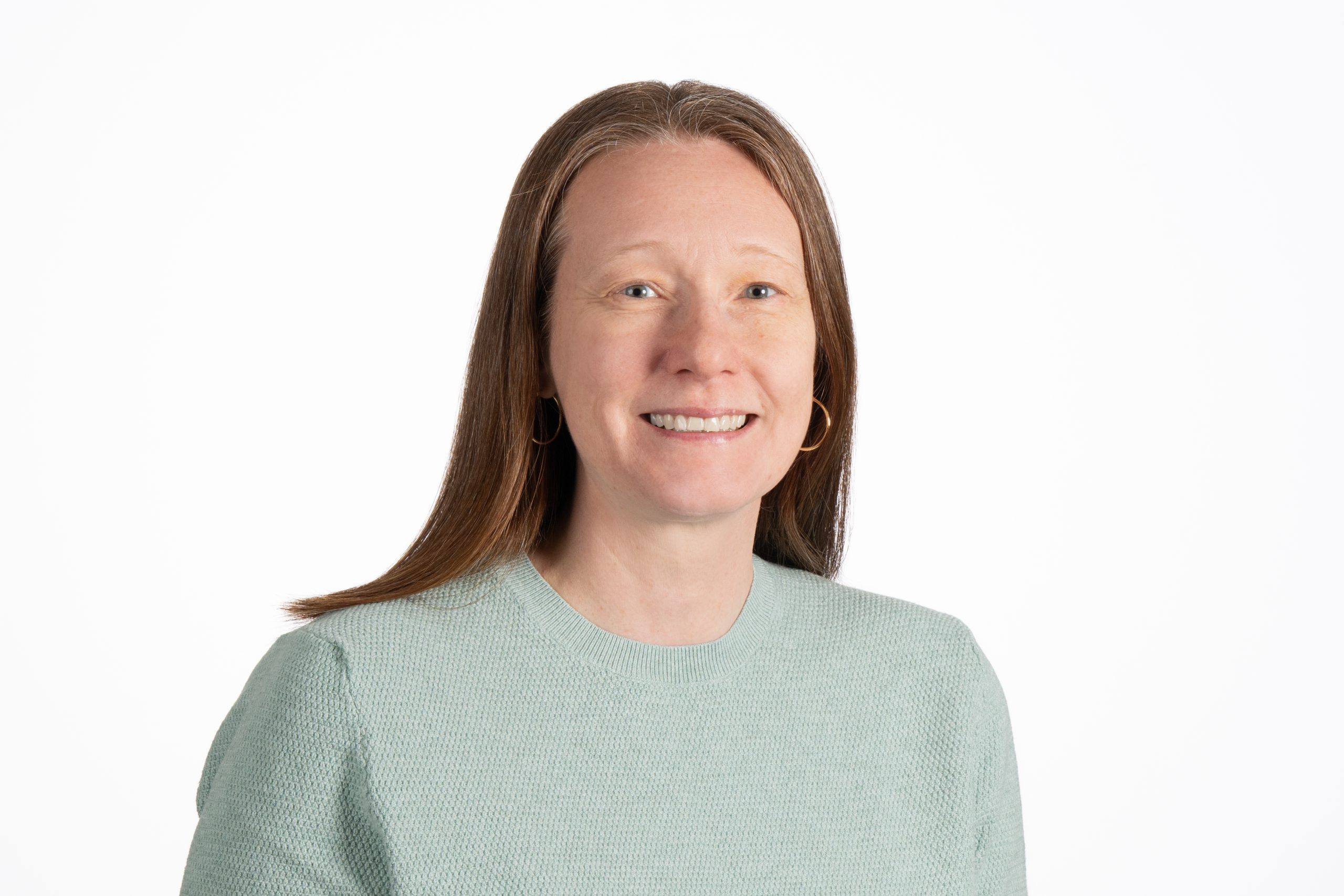The Center for Community Engaged Leadership, Learning, and Research recently submitted an application to receive the Carnegie Foundation’s Classification for Community Engagement. This national designation recognizes higher education institutions’ commitments to working with their local communities.
The Carnegie Foundation defines Community Engagement as “collaboration between institutions of higher education and their larger communities (local, regional/state, national, global) for the mutually beneficial exchange of knowledge and resources in a context of partnership and reciprocity.” To determine whether Bucknell will receive the Community Engagement Classification, the Carnegie Foundation examines not just the Center for Community Engaged Leadership, Learning, and Research, but how Bucknell as an institution engages and maintains partnerships with the local community.

Lynn Pierson, Director of the Center for Community Engaged Leadership, Learning, and Research, who was instrumental in completing the application, said it is important for Bucknell to hold this classification because “We’ve made a lot of growth and gains. It acknowledges the work we’ve done with our community partners and the work we continue to do on campus.”
Whether or not Bucknell is awarded the Carnegie Classification, Bucknell will receive feedback on its community engagement efforts. “It’s really a good sounding board for an independent person to look at what we’re doing and give us feedback. Then, the plan is to use that feedback in writing our next civic action plan. So it feeds in nicely with that. You know, the Carnegie Classification is a big self study. You see the good, the bad, and everything in between, of how we’re doing” said Pierson.
Bucknell previously held the Carnegie Classification but did not renew it to allow for more time to develop the Civic Action Plan in 2019. Since then, community engagement and how the Carnegie Foundation assesses it has changed. “Carnegie really has shifted how they look at community engagement. Before, it used to be a lot about hours and people involved and those statistics. Now, they’re looking more into narrative and partnerships. So it’s really helped us follow the trends of the field in general, and get us following best practices and helping to create those best practices” said Pierson.
The application is divided into 10 distinct sections, each looking at ways Bucknell supports community engagement. According to Pierson, sections that were easier to complete highlighted our strengths, such as “work that we do directly with our community partners, whether that was community engaged courses like our dinner and dialogue events, or the professional development opportunities we create with our community partners.”
While Pierson was the driving force behind the application process, many other staff and faculty were involved as well. Another very important group of contributors were community partners, who responded to a survey about how they view Bucknell and the projects it is involved in with the community. “It was really helpful to have their perspective and also write about what we’ve done together,” said Pierson.
This process highlighted the strengths and weaknesses of Bucknell, but one of the most interesting things Pierson identified was how expansive our Center for Community Engaged Leadership, Learning, and Research is compared to other schools applying for the Carnegie Classification. “It is unique for us to have a center for community engagement, to have a minor, to also oversee CBL and CEL courses, and do research.”
Obtaining the Carnegie Classification would recognize the work done and the progress that has been made through community engagement projects across campus. But more importantly, it’s another way of demonstrating Bucknell’s commitment to building and maintaining relationships with community partners.